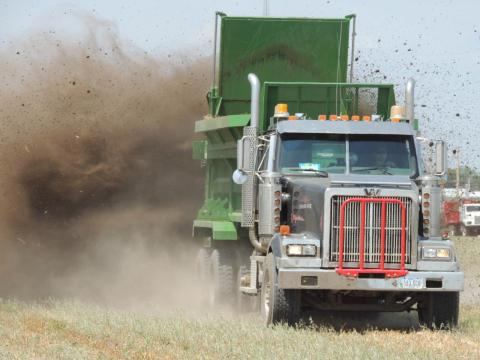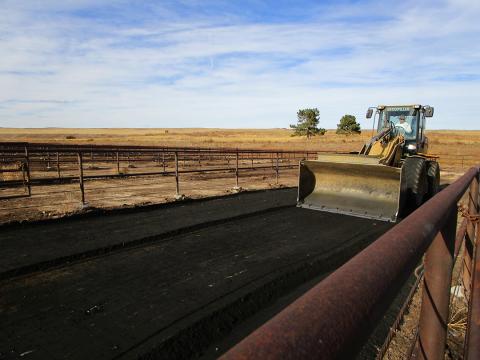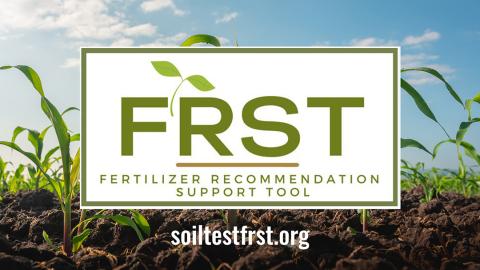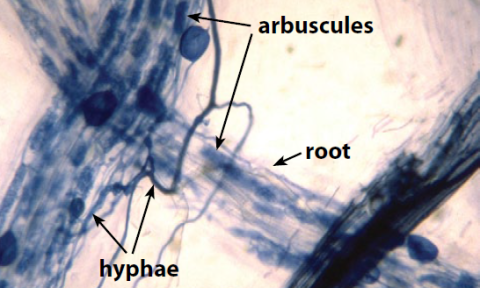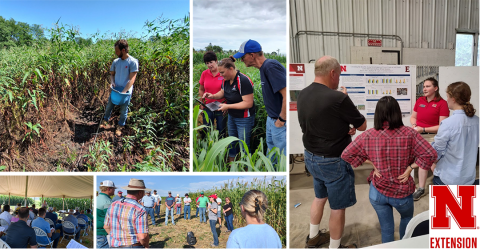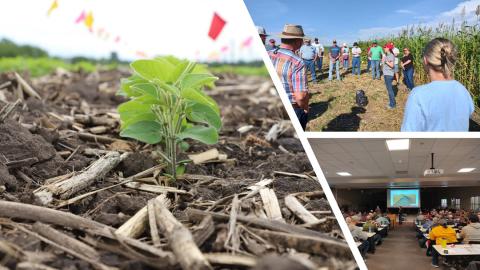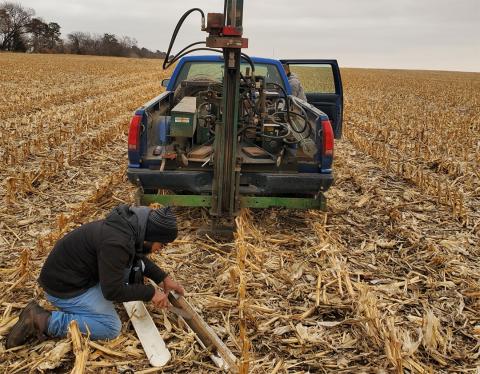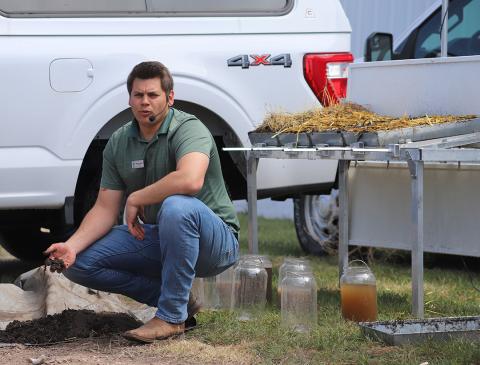
New Focus for September Nebraska Soil Health School
August 7, 2024
The next soil health school will focus on integrated crop and livestock system goals and objectives that might affect soil health management. Attendance is free, and certified crop advisor CEUs will also be offered.
Choosing a Manure Application Rate
April 23, 2024
Nebraska Extension shares recommendations on determining a manure application rate that will meet agronomic crop needs while accounting for excess soil nutrients or building soil fertility.
Coal Char Enhances Manure and Soil Management to Improve Crop Production
April 11, 2024
A byproduct of processing sugarbeets, coal char has the potential to optimize soil nutrients and increase crop yields. In this article, UNL researchers share results of a study on incorporating coal char amendments into corn and dry bean cropland.
Fertilizer Recommendation Support Tool to Digitize Crop Nutrient Management Launches Nationwide
April 9, 2024
A significant advancement in soil testing, a new web-based fertilizer decision support tool will potentially save farmers millions of dollars annually while reducing excess nutrient losses to the environment.
How Does Soil Life Contribute to Soil Health?
March 28, 2024
How is healthy soil created? In this article, soil health experts explain how plants and soil organisms interact to compose and decompose organic matter, cycle nutrients, and build the structure of soils.
UNL Soil Health Team Celebrates Year of Success in Advancing Sustainable Agriculture
January 3, 2024
Following eight successful events that stand to impact nearly 13 million acres of U.S. farmland, preparations are underway by the UNL Soil Health Team to deliver more robust sustainable ag research and innovations in 2024.
2024 Nebraska Soil Health Conferences: Beyond the Topsoil
December 14, 2023
The 2024 Soil Health Conferences will take place in West Point and Hastings, offering the latest advancements and research in soil health and cover crop practices.
2024 Soils School to Feature Fundamentals of Soils and Nutrient Management
November 29, 2023
During the two-day school in February, leading experts from the University of Nebraska will present research-based recommendations of primary crop nutrients, including nitrogen, phosphorus and potassium.
